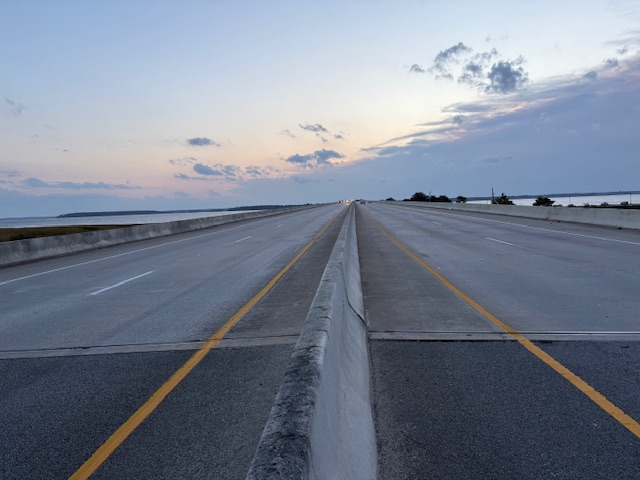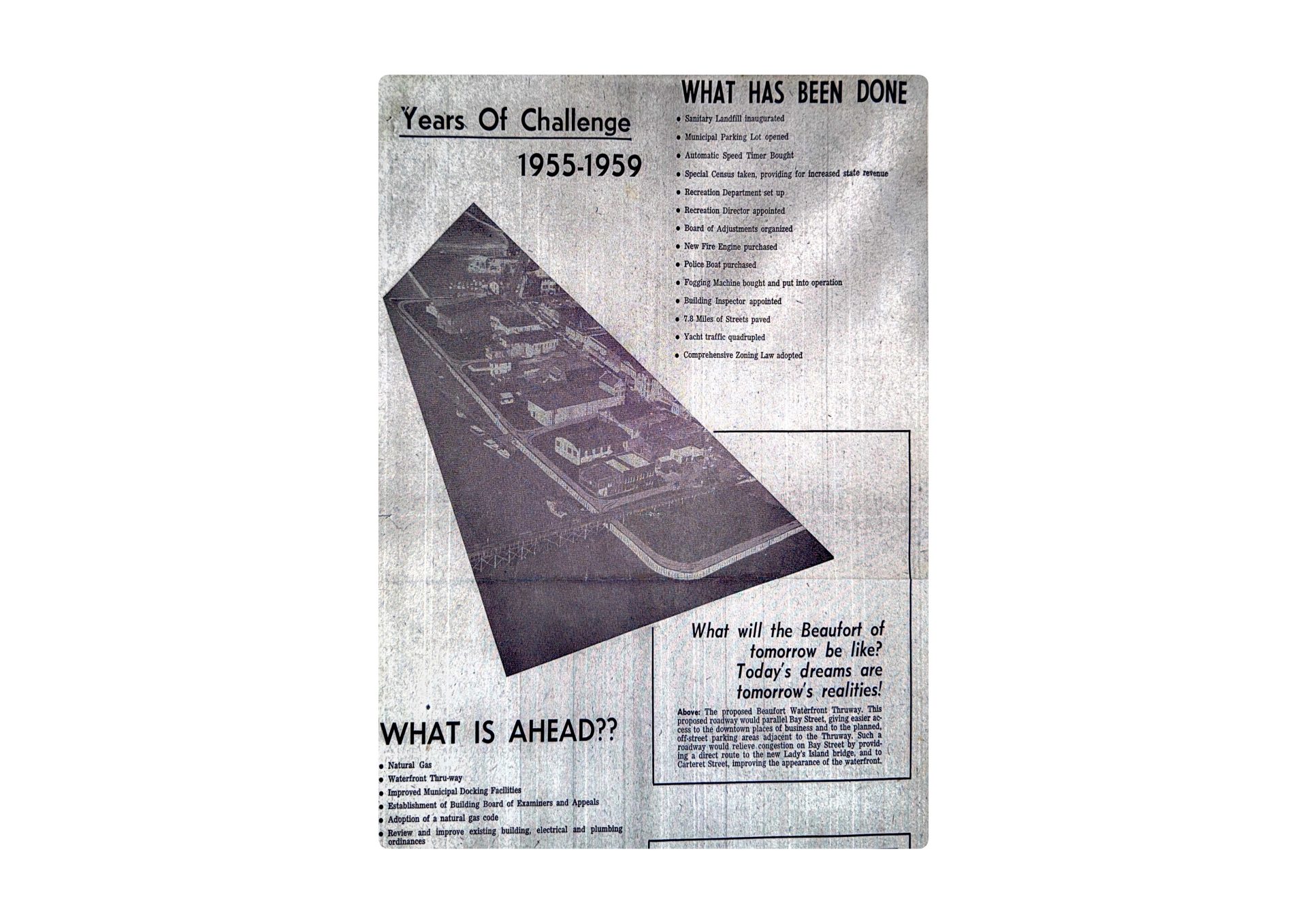By Bill Rauch
This may be deep blue Northern California, where all the men wear beards, locally-grown pot is purveyed in local “commissaries,” and the black-tail deer will practically eat out of your hand because it’s been so long since someone took a shot at one, but where is the place the desperate people who lost everything in the recent murderous Camp Fire turn for help?
And who are the people who give their days and nights — day after day, and night after night — to helping the mostly total strangers who are their neighbors in Paradise, California, the city next door?
They are The Magalia Pines Baptist Church in Magalia, California, and its several hundred parishioners.
The more things change the more they stay the same.
Oh yes, the Town of Magalia suffered much damage from the fire, too, but Magalia is open. Trailers, RVs, pop-ups and campers abound in the driveways of burned out houses there. The convenience store, the sports bar, the pizza parlor, the bank and the post office are all open for business. For most everything else, go down to the church. They’ll have it there. And you can’t beat the price.
“We’re feeding a couple hundred people a day, giving out clothes, firewood, horse feed, truckloads of water, bedrolls and sleeping bags, sifters, rakes and shovels, and I don’t know what all else,” Magalia Pine’s amiable Pastor Doug Crowder says. “We haven’t bought any of it. Not a penny. The Lord provides it. It just comes in.”
A full month after the fire consumed most of the City of Paradise, it was only last weekend that the residents there were permitted back into the city to begin to sift through its ashes for their belongings. Before that they had to content themselves with going on the Butte County Sheriff’s Office’s website to view street-by-street drone footage of what might have been left of the house and the other property they left behind as they fled. Still, because the city has yet no streetlights and only sporadic electricity — and to prevent looting — Paradise’s residents are still not permitted to overnight on their properties. Paradise closes at sundown.
So where do its residents go?
Next door to Magalia, or down the hill to Chico.
Churches, in particular Baptist churches, traditionally and commendably step up after disasters. That was true after Hurricane Katrina in Long Beach, Mississippi, when and where Beaufort and especially the Baptist Church of Beaufort stepped up and helped. After Beaufort “adopted” Long Beach 13 years ago, the Baptist Church of Beaufort put on a November Harvest Festival for the people of Long Beach, and at Christmas, the Baptist Church of Beaufort family brought a wrapped present down to Mississippi for every child in town. There was more, but you get the picture.
To be fair — and nondenominational — others in Beaufort stepped up, too. The parishioners of what was then St. Helena Episcopal Church, for example, very discreetly practically fully financed the rebuilding of Long Beach’s Episcopal Church. And the list goes on from there.
Disaster-goers like to say, “Disasters bring out the best in the best, and the worst in the worst,” and while that may be so, it is also true that as the world changes, those changes are reflected in the way the post-disaster community faces the tasks before it.
Thirteen years ago, for example, Facebook was just gaining its foothold in our lives. But today social media is replacing the corner store and the water cooler and even the telephone as the way we receive news of personal events.
So it should be no surprise that Facebook is a presence in post-disaster Paradise.
Just like the fire itself, everyone has a different version of just how it started, but the “Butte County Fire Victims Adopt a Family” Facebook page is where many of those dealing day-to-day with the fire’s destructive aftermath have also found help.
A single man in his 60s whose Paradise apartment burned to the ground was “adopted” via the page by a divorced woman in her 30s with three children. A Paradise family with 13 horses was adopted via the page by a nearby Smartsville family who offered to stable their horses for free and provide a hook-up for the displaced family’s RV. Another man got a pick-up and some carpenter’s tools so he can get back to work. And there are countless examples of children whose Christmas will be brighter because their family and friends put up on the Adopt-a-Family page the childrens’ letters to Santa. Strangers (known locally as “angels”) from as far away as Italy have one-by-one contacted these families and arranged to send just the right things.
The page is so successful that a group in Magalia has put up their own page, Adopt Magalia, specifically as a place Magalia people can go to find help from their neighbors and beyond. Also last week the Magalia Pines Baptist Church revived its Facebook page. Followers there have rocketed from eight to 4,000 over the past several days.
“I don’t know,” Pastor Crowder observes. “I was never a big Facebooker. But there we were in the sanctuary, 37 of us, with the fire all around us (the church made it through the fire with little damage) and yes we prayed and prayed, but we wanted news too. We needed to know what was happening out there. The cell phones didn’t work. The church’s landline didn’t work. But we could always get Facebook. I don’t know where it came from. Magic? Witchcraft? Or God!”
Facebook won more converts that awful day a month ago, converts that now include Pastor Crowder.
“As I have talked to people I have learned that it was from Facebook that more than a few were made aware of the fire’s approach to our town,” he explained.
“It saddens me to say it, but people trust Facebook more than they trust government,” he added quietly before heading out into a rainy afternoon to personally grease the wheels of the generous machine his church family has in these desperate times become.
Bill Rauch was the mayor of Beaufort from 1999-2008. Email Bill at TheRauchReport@gmail.com.



